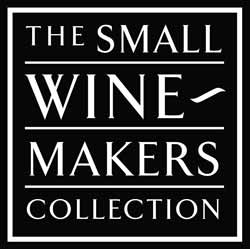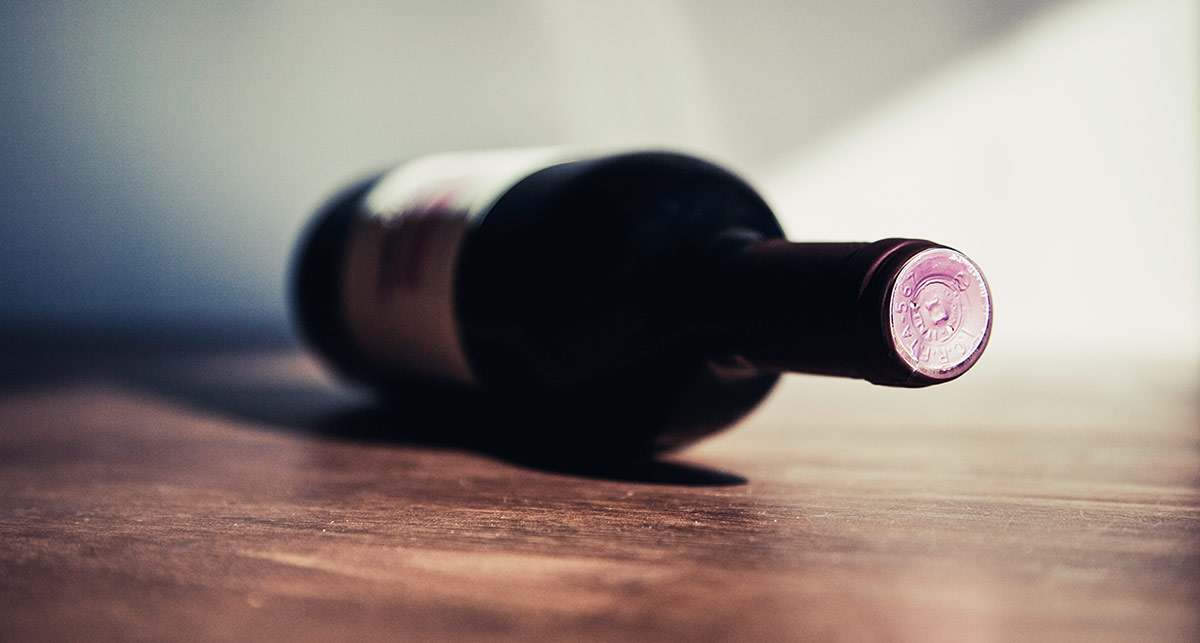Anyone who buys and enjoys wine can accumulate quite a collection over the years. Inevitably, when you get a new bottle you want to know “how long should I keep this for? and how should I store it?”
How Long Should I Store Wine?
 Many fine wines, particularly reds, can improve with age. Ageing allows the various structural components (acid, tannin and alcohol) to become more integrated, making the wine easier to drink. It also changes the nature of the aromas and flavours. As wine ages, fruit flavours tend to fade or dry out and tertiary flavours (leather, humous, mushroom, soy) become more prominent. Eventually, a wine becomes completely tertiary. Not everyone likes these tertiary flavours, so the first thing you need to ask yourself is whether you like aged wines or young/fresh wines. If the answer is the latter, then don’t age them. Enjoy them the way they are! However, if you like your wines with the flavours imparted by bottle ageing, then, by all means, store them for a few years.
Many fine wines, particularly reds, can improve with age. Ageing allows the various structural components (acid, tannin and alcohol) to become more integrated, making the wine easier to drink. It also changes the nature of the aromas and flavours. As wine ages, fruit flavours tend to fade or dry out and tertiary flavours (leather, humous, mushroom, soy) become more prominent. Eventually, a wine becomes completely tertiary. Not everyone likes these tertiary flavours, so the first thing you need to ask yourself is whether you like aged wines or young/fresh wines. If the answer is the latter, then don’t age them. Enjoy them the way they are! However, if you like your wines with the flavours imparted by bottle ageing, then, by all means, store them for a few years.
Not all wines need to or can be stored. In fact, over 90% of red wines are better enjoyed within a short 5-year window. If you’re building a collection of wine that you plan to age, you should consider adding the wines that have this capability. As you can see in the following chart, some of the following wines vary in their ability to age well. In reality, it all comes down to the producer and your personal choice. Many wines will have a recommended cellaring time printed on the label. If that is not the case, however, refer to the winery for ageing suggestions. Keep in mind that some of these numbers can be quite subjective.
| Chardonnay | 1 to 5 years |
| Cabernet Sauvignon | 4 to 20 years |
| Merlot | 2 to 10 years |
| Pinot Noir | 2 to 8 years |
| Riesling | 2 to 30 years |
| Vintage Ports | 20 to 50 years |
| Red Bordeaux | 8 to 25 years |
Source: Wikipedia
How Should I Store My Wine?
Building a wine collection can be the source of considerable pride. And it can even be a good investment if the wine is properly stored. Roughly 7% of affluents living in North America own their wine cellar or wine refrigerator. There are even facilities that will store your wine for you. The ideal place for storage is a dark place that has the right, consistent temperature with the right level of humidity, proper ventilation, and is secure.
If you are looking to establish a suitable environment to keep wine in your house or restaurant, consider the following:
1. Regulating a cool temperature
Not too hot
It is vital that your wine is kept at a consistent and cool temperature. Too hot (18 to 22 degrees Celsius plus) and your wine will likely age more quickly, resulting in flat flavours and aromas.
Not too cold
But don’t keep your wine too cool. When wine is kept in a regular fridge (well below 7 degrees celsius), the lack of moisture in the fridge can dry out of the cork, which allows oxygen to seep in and prematurely age your wine.
Just Right
The ideal temperature for wine storage varies between 8 degrees and 15 degrees Celsius. It’s usually considered best practice to keep your wine in around the middle of that range – about 12 degrees.
There is no need to be obsessed with maintaining an exact temperature. If your wine storage area experiencing minor swings of a few degrees over th year there should be no problem. However, if the temperature fluctuates more widely the liquid in each bottle will expand and contract, possibly resulting in seepage or the cork becoming pushed out of the bottle. This will, again, prematurely age your wine.
2. Keep away from the light
The reason why most wine is stored in a cool dark home wine cellar is because the variable of light is taken out of the equation. Exposure to both natural and unnatural light poses problems when storing wine for long periods of time. Household light over time will eventually cause the labels to fade, and the UV rays from the sun will cause your wine to prematurely age. In fact, the reason why many wine bottles are dark green or brown is due to their resistance to ultraviolet light.

3. Regulating Humidity Levels
A well-conditioned wine cellar will feature relative humidity levels ranging between roughly 55 and 80 percent — ideally 70 percent humidity on average. Any less could result in the fading of the labels and drying out of the cork.
When humidity levels run over 80 percent, you can run the risk of your wine collection becoming damp, thus susceptible to mold and mildew. In those situations, a dehumidifier may be necessary.

4. Lateral Thinking
Wine is typically stored on its side so the cork is always in contact with liquid. Liquid keeps the cork pliable and maintains a proper seal. Screw caps don’t have the same problems as corks and can be stored standing up. However, this can create space problems, and it is usually easier to store them lying down as well.

5. Let it breathe
It is important that the wine is kept in an odour-free environment. If you are planning to build your wine cellar, make sure to ensure there is proper ventilation and air flow. Ventilation will keep your wine cellar free from any excess moisture, odour, or possible mould build up over time. If there are any persisting odours, they could affect the integrity of the wine over time.
6. Vibrations
While there is no exact evidence that vibrations over time will, in fact, have an effect on the wine, it’s best to make sure your wine is kept as still as possible when stored.
7. Where to store wine bottles in a home
Basements are great places to build a wine cellar. They are generally cool and dark, and they are often underutilised. However, if you don’t have a basement that doesn’t mean you can’t store your wine collection. There are other options.
Wine Fridge/Cooler

Those without a basement often invest in a wine cooler or fridge. Many models are excellent in keeping a consistent, cool temperature. The best place to keep a wine fridge is in a cool place, so it doesn’t have to expend excess energy.
Make sure the wine cooler has proper humidity control, automatic temperature control, and the door doesn’t let in natural light. Some wine fridges also come with the ability to regulate different white and red wine temperatures.
Don’t keep your wine in a regular kitchen refrigerator for long periods of time. They are too cool and do not have enough humidity to store wine properly, particularly wine sealed with a cork.
Wine cooler prices run from budget to luxury. How much you spend on your cooler depends on the average price of your bottles and how many bottles you have. The more valuable your collection, the more you should consider spending on your cooler. It is, after all, insurance for the proper preservation of your wine collection.
Outside Wine Storage
If you don’t have a basement or room for a wine cooler or your collection has outgrown your capacity to store it in your home, there is also the option of outside storage. Wine storage facilities offer ideal conditions and provide a fully curated solution to your wine storage needs. Some are bare bones, just offering safe storage and inventorying, but others will provide appraisals, have facilities for enjoying your wine onsite and will even deliver your wine to your home.
8. The final step
The final step to enjoying your wine collection is to share it with good company. Wine is a social beverage and it, like any great experience, is best enjoyed with good friends.

Discovering and collecting a variety of local and imported wines that add to your growing collection will expand your taste and impress your guests.
Online wine delivery has made it exceptionally easy to ship many hidden wine gems from vineyards all across the world to arrive at your doorstep.
For any further insight into cultivating your own home wine storage in Ontario, contact the wine experts at the Small Winemakers Collection


My godfather loves wine, and he wants to install a wine cellar in his house. It was interesting to read that wine cellars need ventilation to sustain moisture. I’ll advise him hiring professionals to install a cellar in the right area.